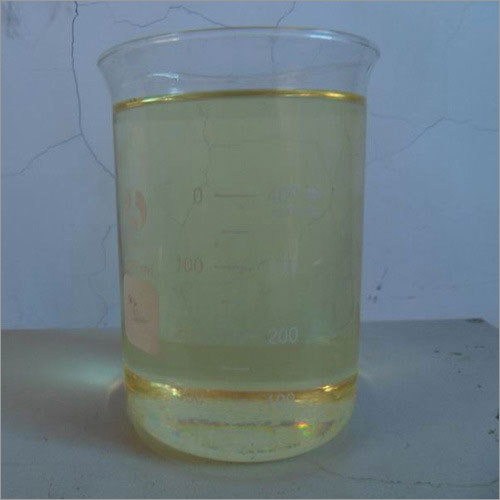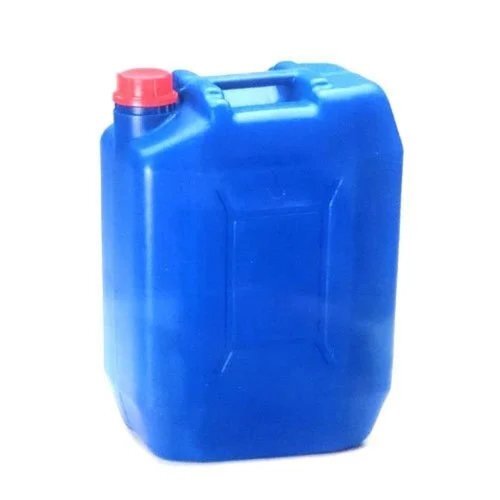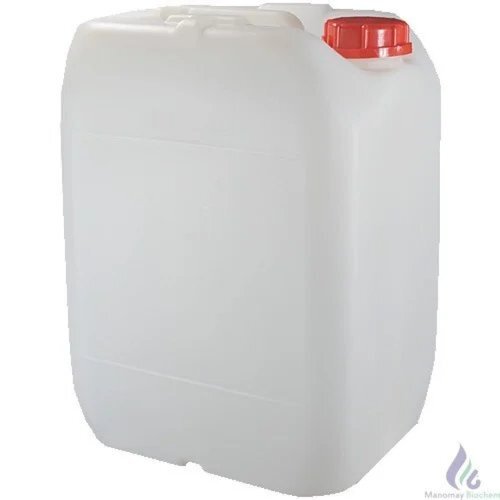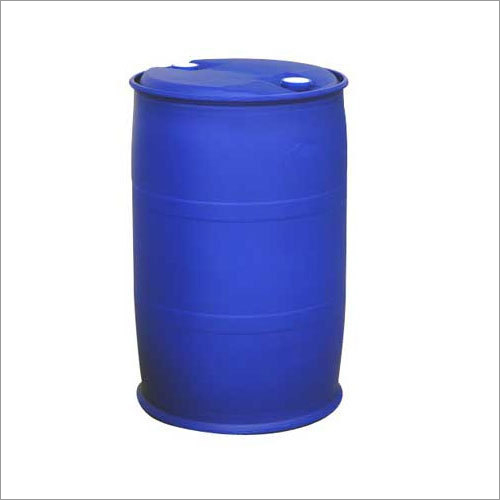Diethylene Glycol
Diethylene Glycol Specification
- Storage Instructions
- Cool & Dry Place
- Density
- 1.12 Gram per cubic meter (g/m3)
- Molecular Weight
- 106.12 GSM (gm/2)
- Chemical Name
- Diethylene Glycol
- Other Names
- Diethylene Glycol
- CAS No
- 111- 46-6
- Application
- Industrial Equipment Cleaning
- Physical State
- Liquid
- Shelf Life
- 12 Months
- Purity(%)
- 99%
Diethylene Glycol Trade Information
- Minimum Order Quantity
- 230 Kilograms
- Supply Ability
- 100 Kilograms Per Month
- Delivery Time
- 1-4 Days
About Diethylene Glycol
Diethylene Glycol is a colourless, hygroscopic liquid widely used in the manufacturing of antifreeze, dyes, and braking fluids. It possesses significant solvent characteristics and is used in the production of plasticizers and resins. Due to potential health concerns, it must be handled with caution and proper safety measures.
Diethylene Glycol is a versatile solvent that is soluble in various solvents such as water, ether, acetone, ethylene glycol, and alcohols. Its excellent solvent properties make it valuable across multiple industries.
Diethylene Glycol Properties:
- Minimum Order Quantity: 200 Kg
- Distillation Range: 210C 250C
- Physical State: Liquid
- CAS No: 111-46-6
- Purity: 99%
- Packaging Details: 200 litres Drum
- Grade: Standard Industrial Grade
- Chemical Formula: CHO
- Molecular Weight: 106.12 g/mol
- EC No.: 203-872-2
- Density: 1.12 g/cm
- Melting Point: -10.45C
- Boiling Point: 197C
- Specific Gravity: 1.115 1.120
- Moisture: Less than 1% by KF
- Synonyms: Ethylene diglycol, DEG, Diglycol, Dihydroxy diethyl ether
Applications of Diethylene Glycol:
- Industrial Solvent: DEG is an effective solvent extensively used in textile, paper, and chemical industries for dissolving various substances.
- Polyester Resins: It is a vital ingredient in producing unsaturated polyester resins used in fiberglass-reinforced plastics for automotive parts, boats, and industrial components.
- Adhesives and Sealants: DEG acts as a bonding agent, helping form strong and durable adhesive seals.
- Antifreeze: It lowers the freezing point of water, preventing engine freeze in cold climates.
- Liquid Detergents and Soaps: Used to increase viscosity and provide a smooth texture in liquid cleaning products.
- Chemical Intermediate: Used as a starting material for other chemicals, including ethylene glycol, important for polyester fibers, bottles, and films.
FAQs of Diethylene Glycol:
Q: What is the molecular weight of Diethylene Glycol?
A: The molecular weight of Diethylene Glycol is 106.12 GSM (gm/2).Q: What is the CAS number of Diethylene Glycol?
A: The CAS number of Diethylene Glycol is 111-46-6.Q: What is the purity of Diethylene Glycol?
A: Diethylene Glycol has a purity of 99%.Q: What are the storage instructions for Diethylene Glycol?
A: Diethylene Glycol should be stored in a cool and dry place.Q: What is the shelf life of Diethylene Glycol?
A: The shelf life of Diethylene Glycol is 12 months.


Price 70.00 INR/ Kilograms
- Minimum Order Quantity
- 230 Kilograms
- Supply Ability
- 100 Kilograms Per Month
- Delivery Time
- 1-4 Days

Price:
- 50
- 100
- 200
- 250
- 500
- 1000+
More Products in Distilled Industrial and Cleaning Solvents Category
Liquid Crude Glycerine
Price 60.0 INR / Kilograms
Minimum Order Quantity : 249 Kilograms
Shelf Life : 1 Years
Other Names : Glycerol
Usage : 10% to 50%
CAS No : 56815
Hand Wash Base
Price 125.0 INR / Kilograms
Minimum Order Quantity : 100 Kilograms
Shelf Life : 12 Months
Other Names : concentrate Handwash 5x
Usage : add 4 times water
CAS No : Mixer of Surfactant & fragrance
Trichloroethylene Tce
Price 90 INR / Kilograms
Minimum Order Quantity : 300 Kilograms
Shelf Life : 12 Months
Other Names : Recovered Solvents
Usage : It as a solvent for degreasing metal parts during the manufacture of a variety of products.
CAS No : 79016







 English
English Spanish
Spanish French
French German
German Italian
Italian Chinese (Simplified)
Chinese (Simplified) Japanese
Japanese Korean
Korean Arabic
Arabic Portuguese
Portuguese